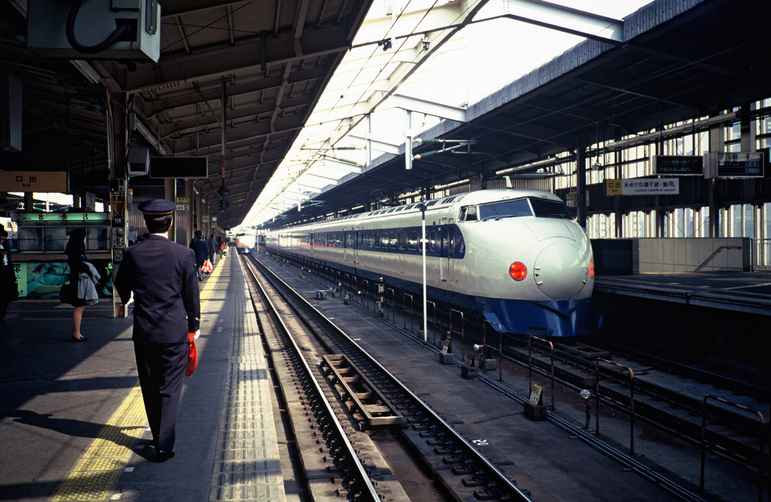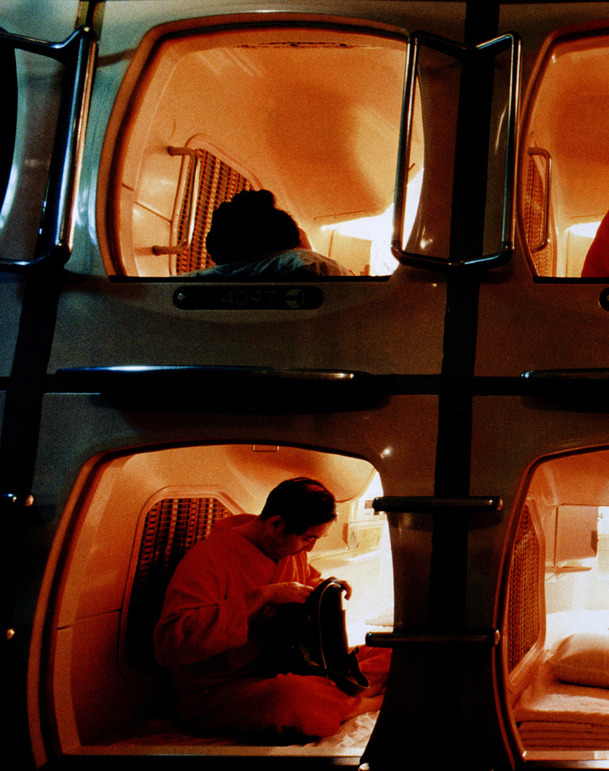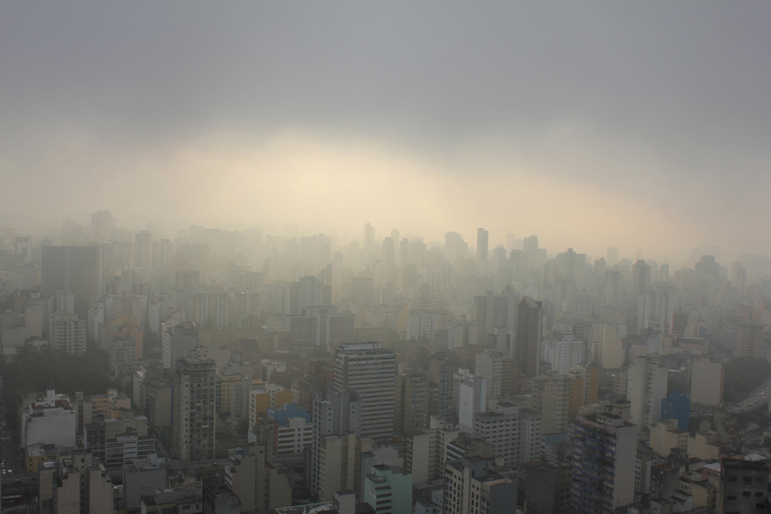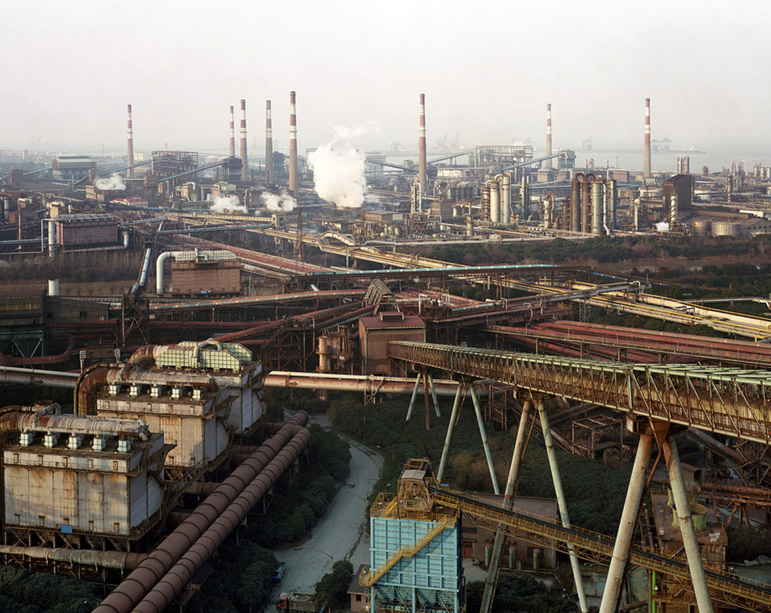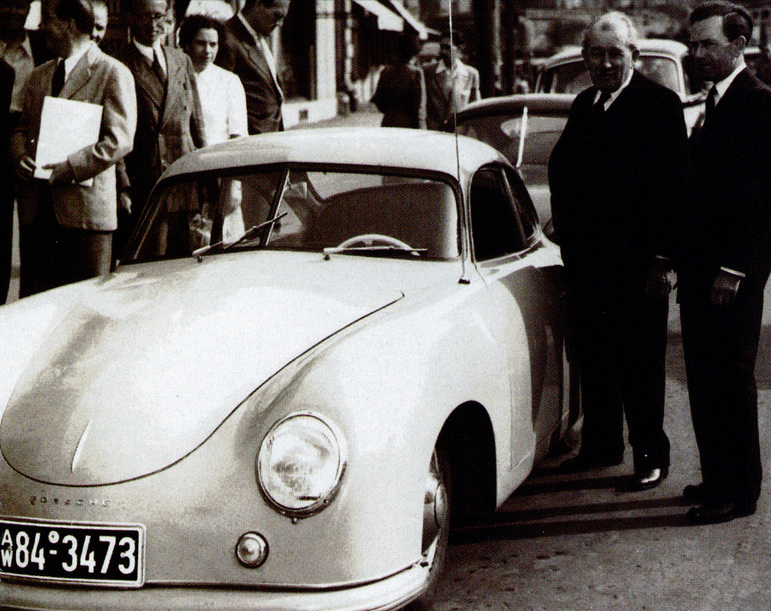UN-C-CITY
The Unconscious City is a condition. It's a recognition; and a thought. It’s a process of learning and understanding that our world, with all its new technologies, is changing our thought processes. This is an important unconscious aspect to recognize. The ways in which we're confronted with these new technologies will challenge the current collective state of mind. Our environment has to adapt. And because of this, it is important to speak about these issues, in order to change the way we produce architecture. The shift will further reveal to us that it’s not just the architect who makes buildings in the city. It is a collective force. Likewise, nobody planned that the iPhone would so drastically change the way we communicate. It is a smart product, which people enjoy owning and using. It just happened.
It’s similar to living in a city. No one tells people to move to cities; people do so on their own. To a certain extent this could be seen as an unconscious decision. It’s often that people have to move to cities. Previously, decisions were made consciously, as they were based on rules or tradition. People previously belonged to a certain church or family, and no matter what, you were made to feel guilty if you strayed away. I’ve experienced these eras. If you didn’t go to the church, you had to feel guilty. If you lived in a village your whole live, you had to go to the same butcher every week. It was during times like these that Godard made his movies, and showed the world that the new human being will live in a new, nomadic condition. We are living in a nomadic condition. I live in Berlin, Amsterdam, Maastricht, Zürich, and Tokyo. Every week I am traveling within Europe, and I’m in Asia every second month. As we are able to readily fly to every continent, we should not talk about the Unconscious City, but instead, a world that becomes one city.
In this respect Godard was very important for me, as were Valéry and Bavese. They helped me understand these unconscious phenomena. Ernst Jünger often spoke of the Arbeiter, who, for a few thousand years, worked for a boss. And everyone accepted that hierarchy, unconsciously. But that is no more. As we continue amassing machines, the worker does not become less important, he has become trained to produce with his brain. A specialist works not only for one person, but also for multiple people, and educates himself during the rest of his time. The world already works like this. The liberation of the Arbeiter was a decisive moment in history.
There will always be a hierarchy, but it will get a completely different definition. Hierarchy is no longer used to denote a bottom-top relationship, but instead a sort of balance. For every individual, there are places held special, and those that are not, but they can’t be put into a hierarchy. People belong to multiple groups now, parallel to one another. And this group-society is a very interesting society. It has replaced the postal-code society.
I think that architecture will become a much more strategic discipline. We are on our way out from the hierarchical society and we are entering a completely new liberal society, and we don’t know much of anything about it. This new society is not predictable. A few years ago people would have said, ‘Now that there are computers, so we don’t need paper anymore.’ But we now use more paper than ever, proving that it’s very hard to predict these types of things. This is because no one is in control. Take, for instance, the front entrance to a grand hotel; outside there could be a large group of people waiting for someone. Who it is they’re waiting for I do not know. Perhaps the person they’re waiting for is very famous to a certain group, perhaps even for only a very short amount of time. This is just one moment within the Unconscious City.
There will always be something like a zeitgeist; a momentum. There’s a quote by Joris van den Bonner I like very much: ‘He who knows his time is further than his time.’ That sounds easy to do, to know your time, but it’s not. We need research, on the one hand, and intuition on the other. We have to think about our time, simply by describing it, and by being as precise as possible. Research is only composed of facts; it is rational. We can even count the satellites around the world, and recently I read that there are more than 80,000 of them in orbit around the Earth. And what interests me most is the idea of who is in control. When you read the newspaper, you see stock exchange data, and next to it the experts write about how it might develop. We live in a time of speculation. We’re all on a boat, not knowing whom the captain is, or where we are drifting towards–that’s the current situation. And on this boat, there are the occasional geniuses that, every so often, develop something as revolutionary as the iPhone.
Wiel Arets, 2012

